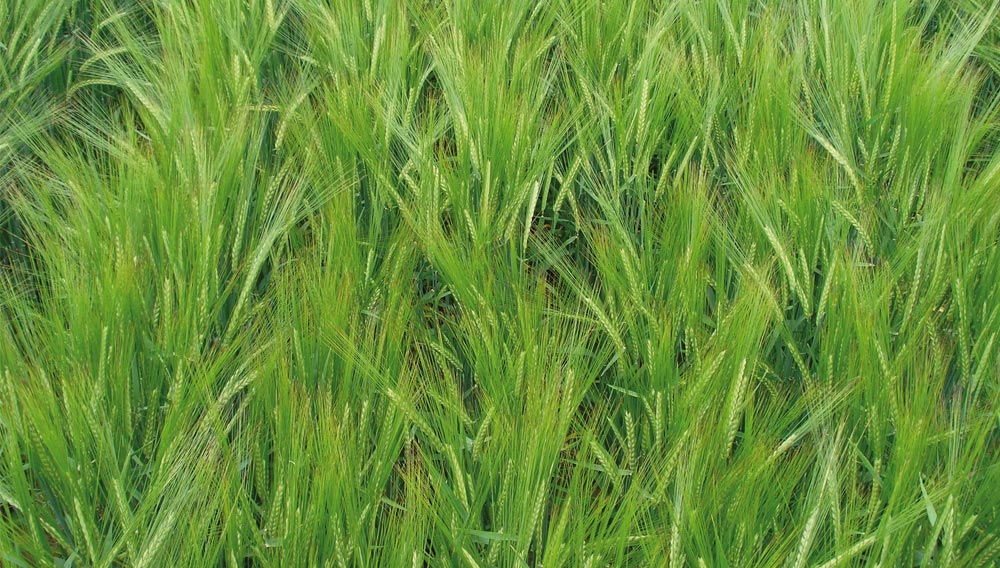Spring barley in Europe: smaller acreage and unpredictable outcome
As expected, the acreage for spring barley in Europe will be smaller this year than in the exceptional year before. The sowing conditions have been good in most regions so far. However, rain is already scarce in the south and east of Europe again.
In Denmark more winter wheat could be sown in autumn. This has reduced the spring barley acreage by almost 200,000 ha. In France, however, the acreage has been expanded by around 100,000 ha. In the UK, the acreage is also smaller this year. For winter barley, cultivation was significantly expanded though. The development of the spring barley stock is considered good. However, supply is uncertain due to Brexit.
There has been no final assessment of the German acreage yet. The only certainty is that it will be smaller than in 2018, as is the case in Austria and the neighbouring Eastern European countries Czech Republic, Slovakia, Hungary and Poland. The unsatisfactory yield results from 2018 despite larger acreage for winter crops and a better profit for corn have led to the restrictions.
After the price drops in recent weeks, the market is currently quiet. The significant decline in prices was not expected in this form. The weak harvest results of the past year indicated that malting barley remains high-priced until the new year and that a significant under-supply is to be expected. However, a very good harvest in France and the lack of export of barley from the country pushed prices down earlier this year. In addition, maltsters and brewers showed a high willingness to compromise on quality and varieties. Higher protein levels were accepted. Due to Brexit, goods from Great Britain entered the mainland sooner than in other years. In addition, the variety RGT Planet offered by French distributors was partially accepted by German processors, although it was not recommended for processing by the Brewing Barley Community in the Berlin Program, but it was sold cheaper than the recommended varieties. Thus, there was a sharp drop of market prices.
Around 50 to 60 %t of the German crop in 2019 could already have been marketed. Given the price decline, farmers still hold back with sales. Also, the collection trade sold goods in the time of the higher prices. The current situation in the EU is expected to be slightly overhanging or slightly deficient until the next harvest. However, the decisive factor will be the demand from China for barley in general. Due to the disagreements with Australia, the EU could step in as a supplier and make the European balance sheet unpredictable.
Source
BRAUWELT International 2019


